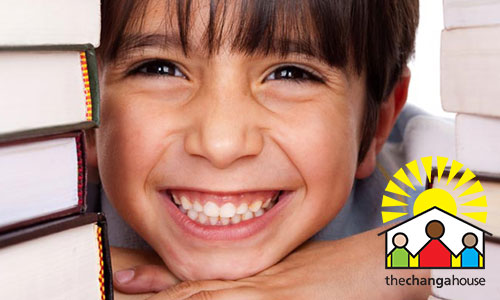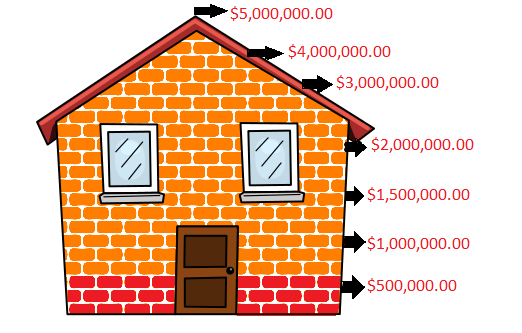
Mission
The Changa House Centre for Children and Youth aims to provide inclusive and accessible programming, professional development, and youth involvement initiatives, focused on the eradication of violence in all its forms. The Centre will assist individuals in reaching their full potential to become positive and influential contributors to the society of tomorrow.
Vision
From inception, The Changa House will begin to help children and youth to achieve their fullest potential through holistic programs and services.
History
For over two decades, Dr. Roz Roach and her team have witnessed first-hand the correlation between domestic violence and inter-youth violence. It has been observed that children who have witnessed or lived violence often use violence in their developmental stages as a way of coping. In 2012, Dr. Roz’s Healing Place Foundation was created to fund programs and services for children, youth and youth at risk in order to support them holistically through their adolescent development. With the mandate of working towards the eradication of violence in the lives of children, youth and youth at risk locally, nationally, and globally, the Foundation strives to change lives for the better.
While there are many services available for youth which have proven to have been effective in mitigating violent behaviour, Dr. Roz Roach believes that with the appropriate resources, services and care, the lives of children and at-risk youth can also be positively influenced. We recognize that there are large gaps in service to the much needed demographic of youth and youth-at-risk. Youth are either, unaware, unwilling or unable to access appropriate support services. It is one of our goals to attempt to reach out to as many youth as possible in order to help them evolve and develop into contributing members of society.
As a result of a desire to expand existing successful programming for children, youth and youth-at-risk, the Changa House came to be.
As of 2018, we have fund-raised a total of $500,000.00. The total cost of The Changa House project will run approximately $5,000,000.00.

About Us
The Changa House aims to serve male and female children, youth and youth-at-risk between the ages 5-29, as well as their parents and guardians. These clients will be elementary, high school or postsecondary level students. Those in need will receive services regardless of background or level of income. Clients will be served throughout Toronto well as regionally, provincially and nationally.
An estimate of between 800-1000 people will be served per year.
The goal of the Changa House speaks to four key challenges surrounding children and youth today:
• Needing a safe, comfortable, accessible and violence-free environment where they can express themselves
• Needing proper educational empowerment to reach their optimal levels of success within their learning careers
• Needing healthy, supportive and developmental programming that focuses on individual and team building exercises
• Needing strong, grounded and relatable youth role models who lead by example to inspire growth in positive directions
Not only will the Changa House offer support to those in need within the Centre. The Community Outreach department will provide informational and educational workshops to local schools and organizations in the community to raise awareness of the services offered by The Changa House.
For more information or to donate towards the Changa House capital building campaign, please call (416) 264-0823 x 238 for more information.
